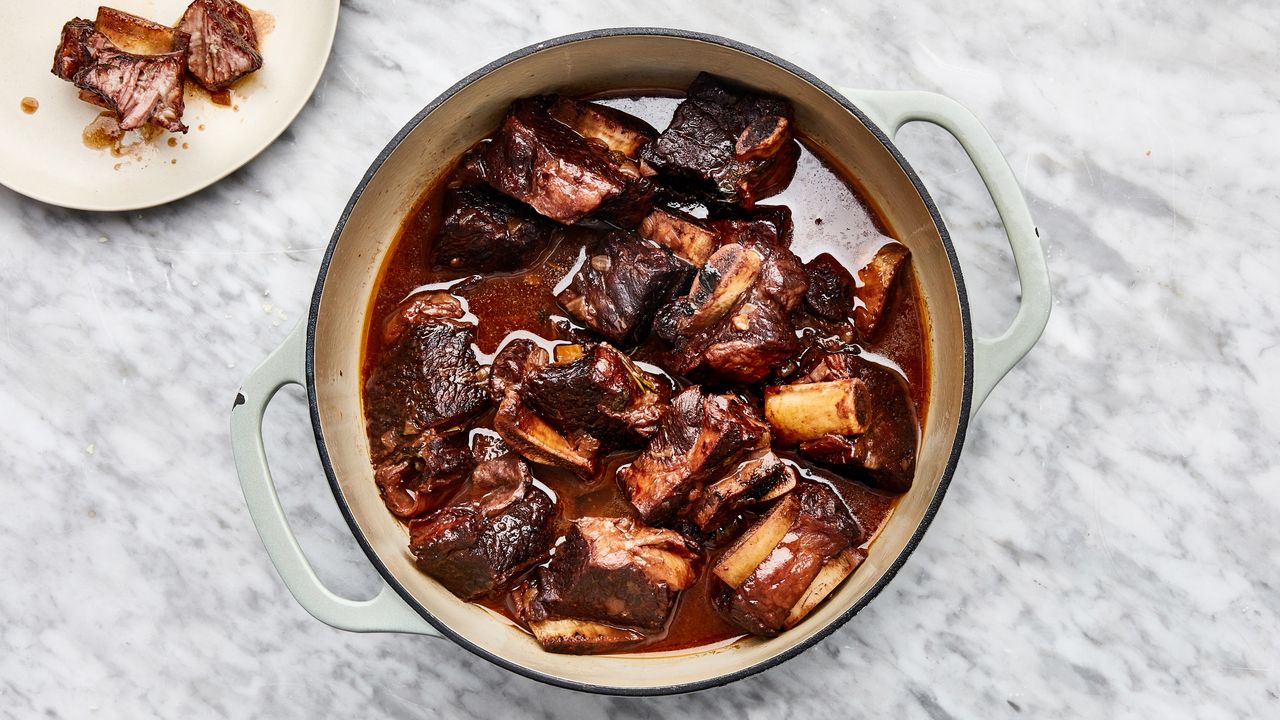This summer, POKS Spices announced a somber business update on Instagram: After nine years of building a dedicated following on its own website, the West African seasoning company had decided to shift all product sales to Amazon. The choice is one many small entrepreneurs must make to survive—either stake their entire future on the e-commerce giant or shut down entirely. To the average consumer, converging with the world’s most prominent marketplace may not seem dire, but its anticompetitive practices can be especially brutal on these sellers.
For POKS, this decision was a long time coming. As one representative of the company, who asked to remain anonymous, told me in a video call, the team first saw a “huge reduction” in traffic to its website in October 2024. In times of economic anxiety, customers often tighten non-essential spending. Sales of its three seasonings—Jollof Rice, Green Chili, and Red Chili—dropped down to “a trickle here and a trickle there” just four months later. At the same time, though, a “steady stream of purchases” continued to flow through Amazon.
POKS founder Abena Foli reached out to fellow entrepreneur friends to find out if this was just a technical glitch or an issue across the Consumer Packaged Goods (CPG) industry. Sure enough, her peers reported the same “significant decline,” forcing the team at POKS to face “the reality of the CPG industry right now.” Relying solely on Amazon’s admittedly massive reach would be both a lifeline and a painful concession.
Why exactly is the deal so punishing? While Amazon sales may be enough to stay afloat, placing all its seasonings into one virtual storefront can hamstring a fledgling business in the long term. According to the POKS representative, despite listing products at higher prices compared to a brand’s website or even a brick-and-mortar location, “Amazon in itself eats into your margins.” They say that between warehousing, listing, distribution, and many other fees, Amazon ends up collecting 40% of every POKS sale—a $7 cut for every $17 bottle of seasoning—and even more for “slower moving items” that rack up fees for occupying warehouse space.
“Hidden costs” are another widespread concern for Amazon sellers, explained Hunter Owen White, co-founder of Cherrystone Food Group, a consultant company advising emerging food and beverage brands in the US. “There are entire companies that are designed to help you get fewer deductions because there’s such a big problem.” Early or late shipments, product shortages, and spoiled or damaged items are just a few of the most common deductions that eat away at profits.


